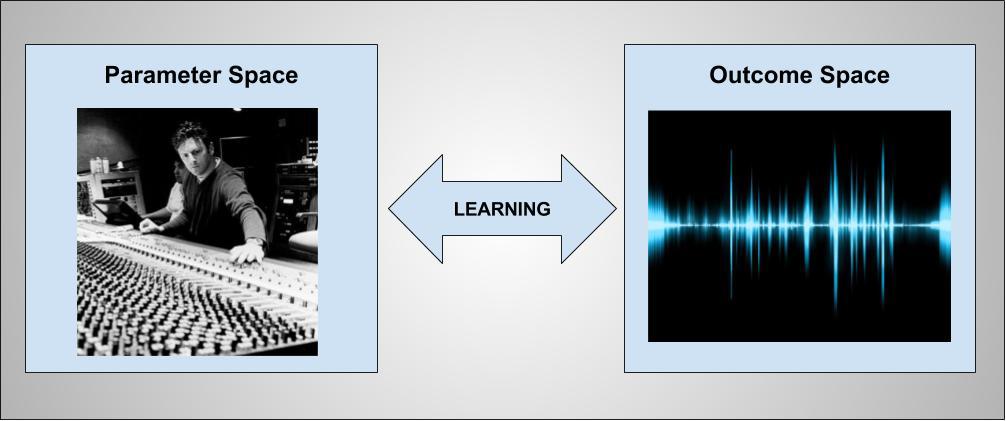The Universality of All Domains in Respect to Human Experience
Intelligence arose in life as a mechanism for evaluating the value of executing actions in the world. In higher order intelligence, such as humans, this mechanism converged to a type of simulation/model of the world; thus we have come to understand that a hallmark of intelligence is predicting the future and the fidelity of those predictions is determined by the parity of the world with our model of it — which we tune by another hallmark of intelligence: learning.
As I see it, the most primitive concept, which supports most of our knowledge, is the notion of identity. Identity is something that manifests itself in surprisingly complicated ways and at different levels of complexity. In respect to human psychology and the perception of ourselves, our identity serves as the basis of how we behave. This can be seen to a greater degree in young people, where the actions one takes are nothing but means to the end of keeping consistent with ones identity.
The inverse of consistency, inconsistency, is a derivative of identity over time. The reason why we consider this derivative to be the inverse of consistency, is that it gives us big values when consistency is low, and high values when consistency is high.

Generally we describe something in terms of its consistency, or how it changes in respect to time. Framed as such, one should see how identity is the building block of all dynamics.
The notion of identity also allows us to reason about the dependence and independence of distinct objects. If everything was one thing, shared one singular identity, we could not express any structure. It’s like when one becomes extremely drunk: things start to blur into each other and we have a hard time making sense of anything.

All domains subject to the application of our intelligence — music, science, art, etc, — are in form, the same thing with different dynamics. In each domain we have a set of things we can control, the parameters, and the outcome of adjusting the parameters. The whole reason why we find ourselves to be adjusting parameters in the first place is that we have some affinity to results in the outcome space ( called a utility function ). When we learn, we figure out how to produce high affinity outputs from our adjustment of parameters. I call this type of learning a mapping from one space to another: when we do something in one space, how does it influence the other.
It’s important to note that this mapping is not always, or usually, a function. That is to say: there may be multiple parameter distributions that produce the same outcome. So this produces a strange situation: multiple learners can learn to do the same thing in different ways — we shall call this a learning style or learning bias.
This formulation gives rise to different tasks we often solve in our daily lives:
- Given an observed outcome, what value of parameters or classes of parameters gave rise to the observed outcome?
- Given a set of parameter values, how do we adjust them such that we get a particular outcome or get a higher affinity outcome?
So far we’ve assumed a global utility function, the mapping from outcomes to affinities/utilities, across all learners. This can’t be further from the truth. Much of the complexity in life lies in our differing utility functions which produce different emotions/gradients in parameter space.
Consider my hypothetical arch enemy Joe. His utility function is the inverse of mine and we are locked in a zero sum game in parameter space. When he turns a button off, I want to turn it on because the result in the outcome space is unpleasing to me. The tragedy of this scenario is that we are both doing the same thing — adjusting parameters to maximize utility in outcome space,– but we hate each other. This is, however, an unavoidable tragedy due to our conflicting utility functions.
The tragedies of the greatest degree happen when we share the same utility function, but have learned different parameters for maximizing the the common utility function. In these cases, we tend to become zealots for our learned parameter distribution because it is the TRUTH! They lead to the desirable outcome! And because our position is “correct” we tend to fight against the “incorrect” position. Mathematics may never change our utility functions, but it certainly can show when we are fighting in ignorance.